Download our autumn term curriculum overview for Reception here.
What is it like to be in the Early Years Foundation Stage at our school?
At Norton Infant School we believe that every child deserves the best possible start in life and the personalised support that enables them to fulfil their potential. We follow the statutory framework for the Early Years Foundation Stage (EYFS) and from this we develop our pedagogy and practice. We aim to provide a high quality setting, effectively managed by skilled and knowledgeable staff, that ensures each individual child feels safe and included. In doing so we represent the ethos that all children are unique and their learning and development is a result of establishing positive relationships with others within an enabling classroom environment.
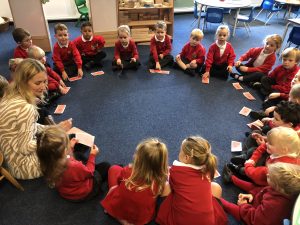
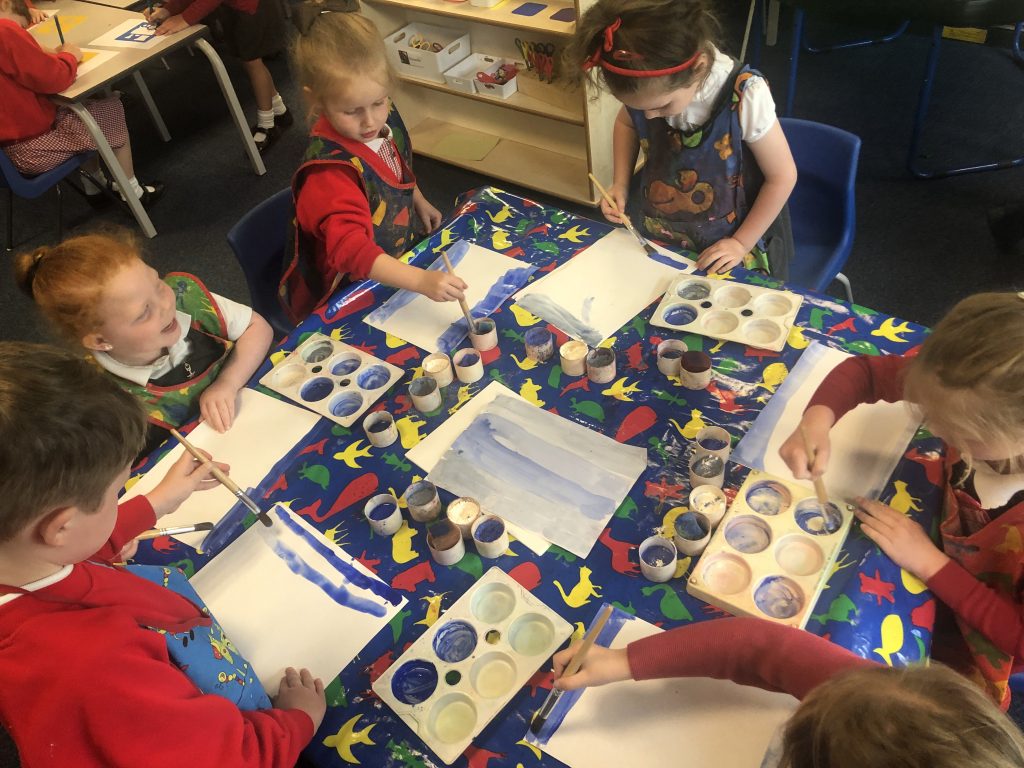
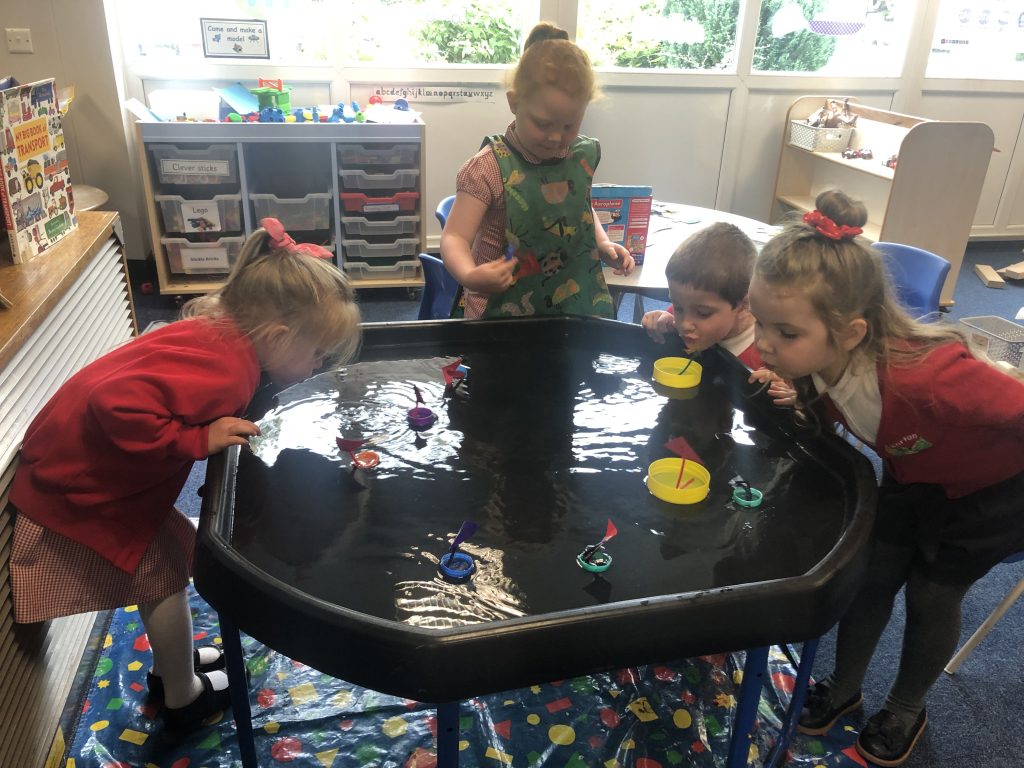
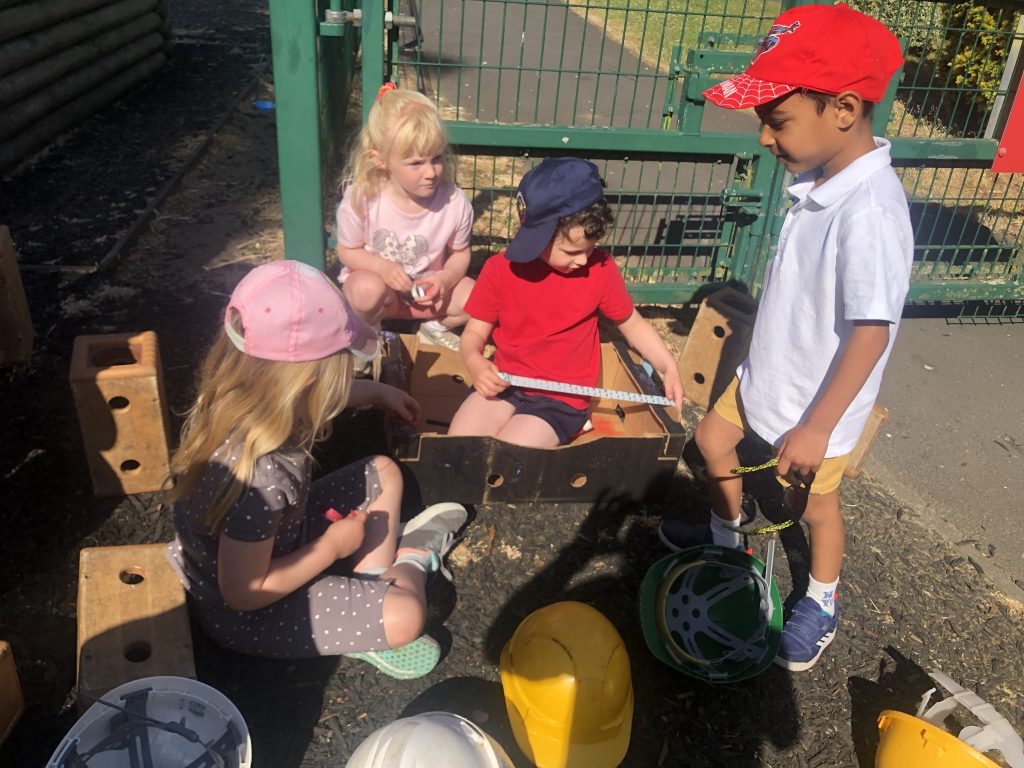
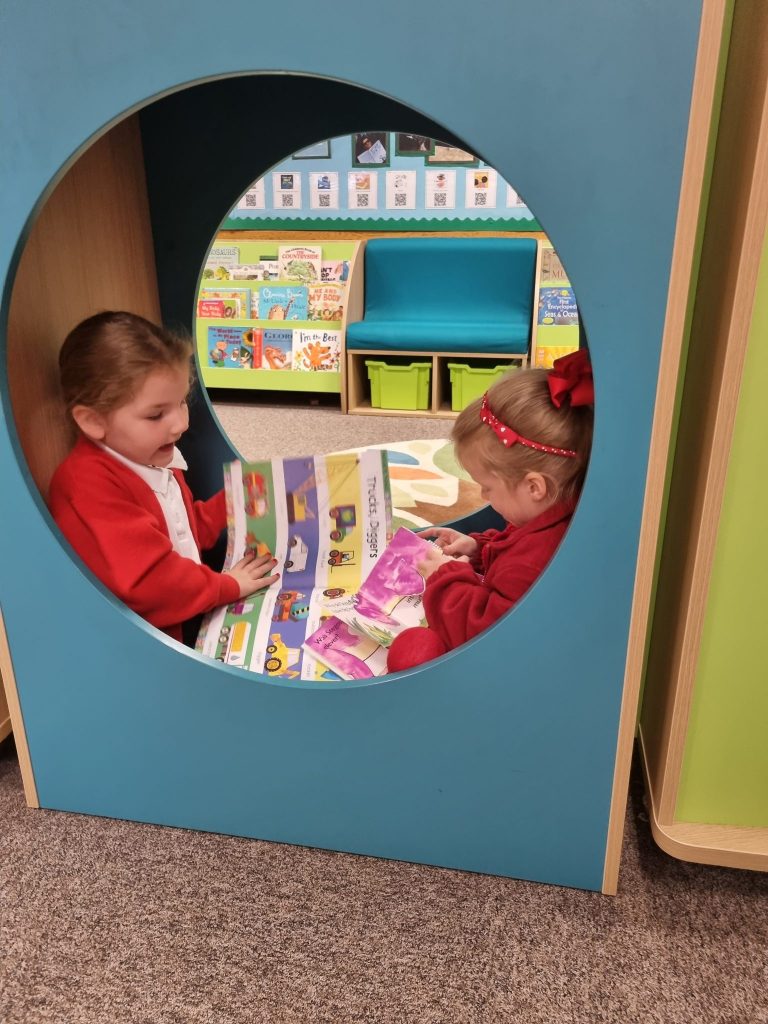
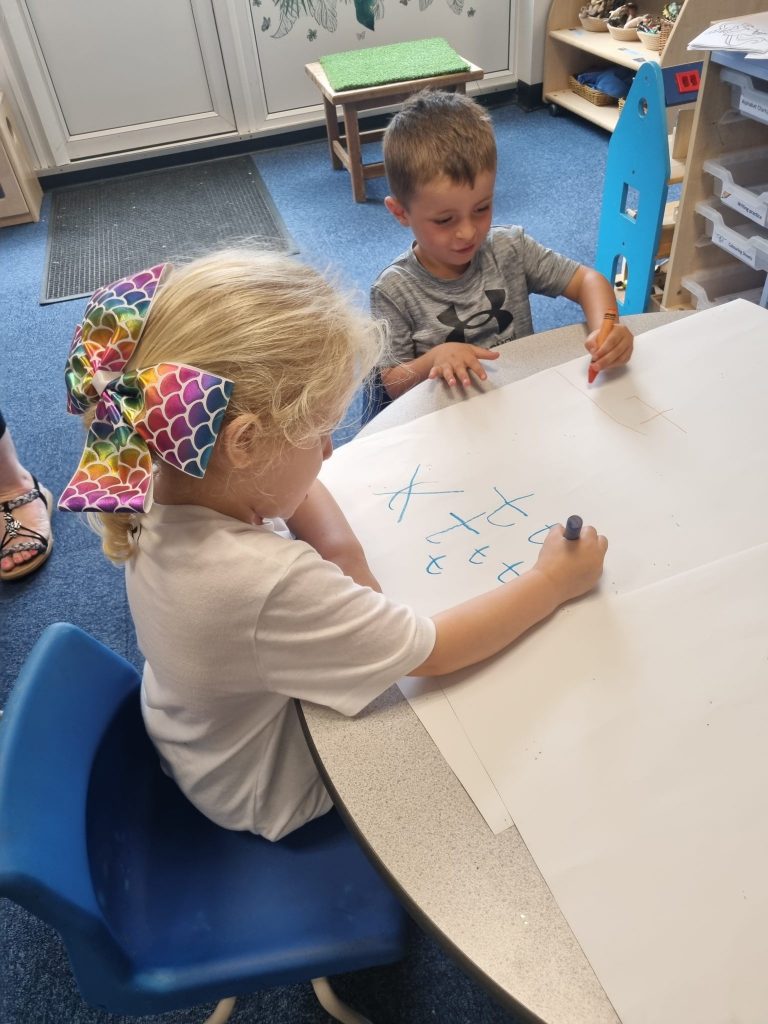
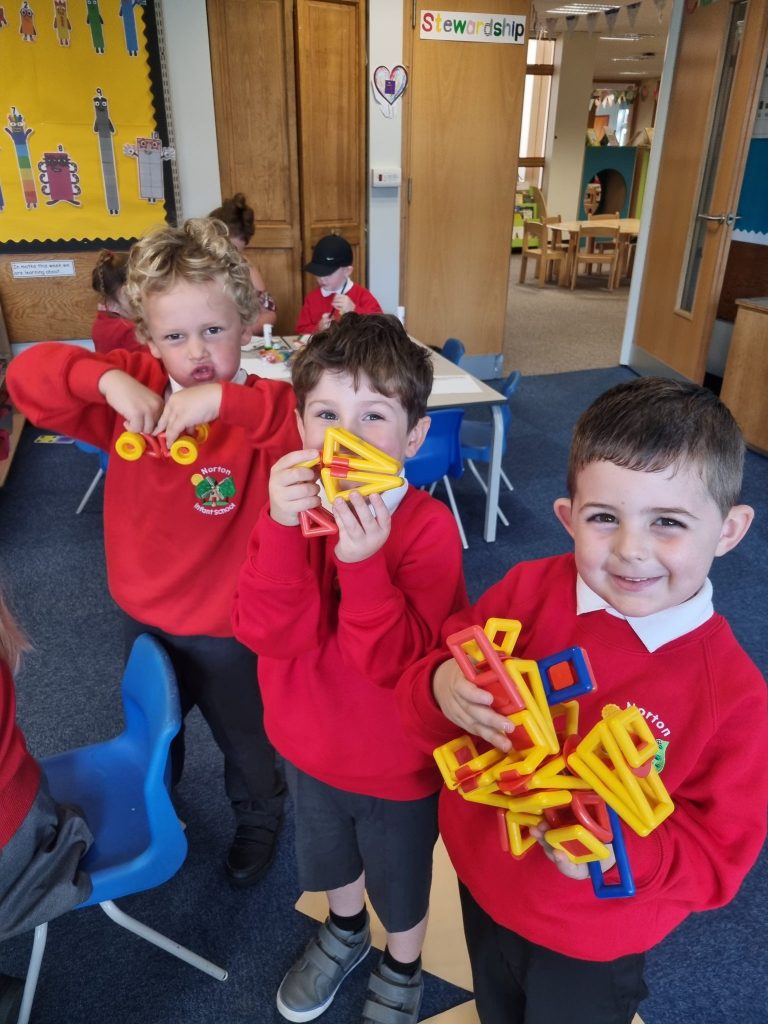
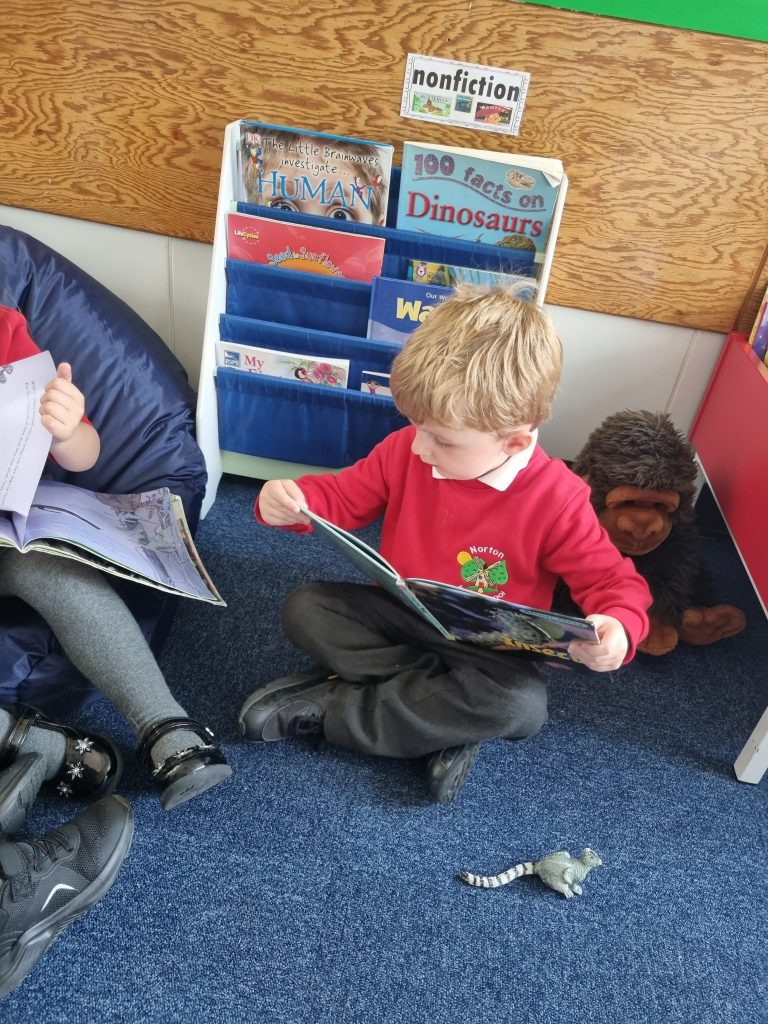
Intent
We are committed to delivering an ambitious curriculum that allows children to be focussed, engaged and interested in their learning. We aspire for children to demonstrate concentration, creativity, energy and persistence evidencing they are at the highest level of involvement in the classroom environment. It is from this intention that we make pedagogical choices on the planning and organisation of our curriculum.
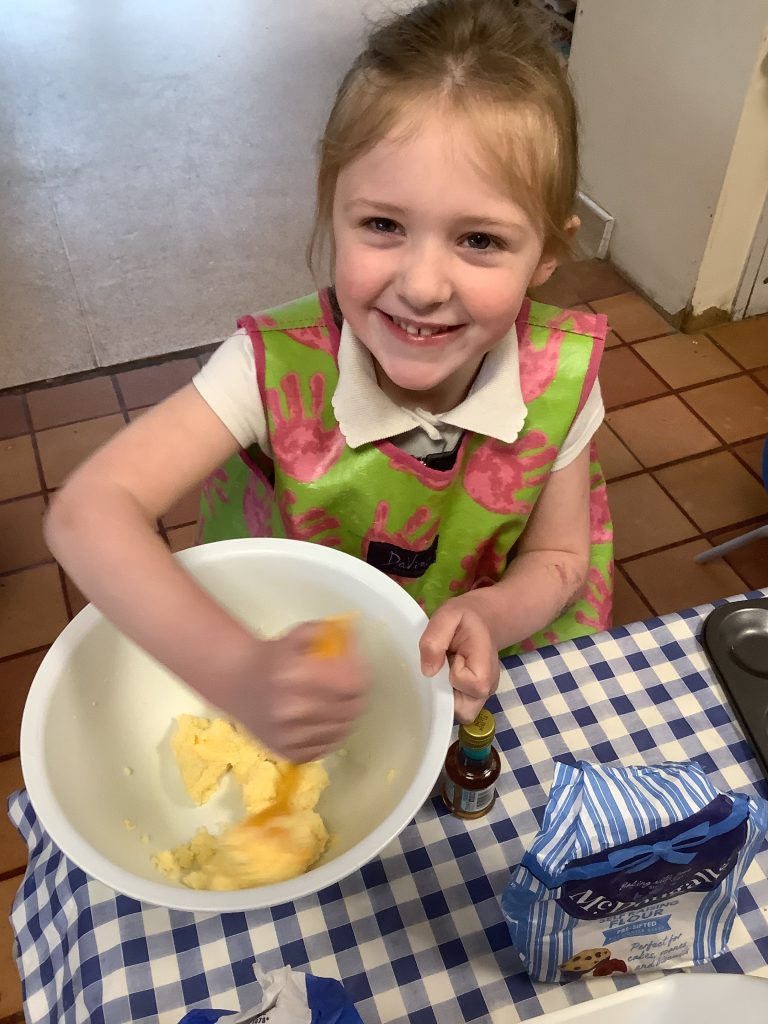
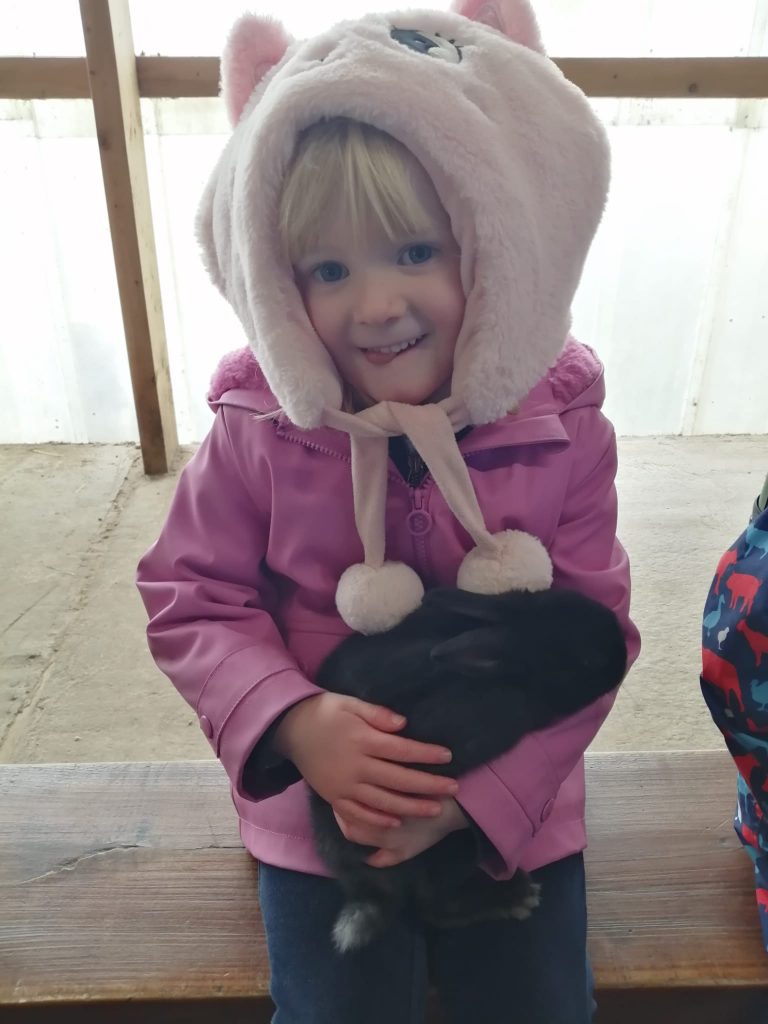
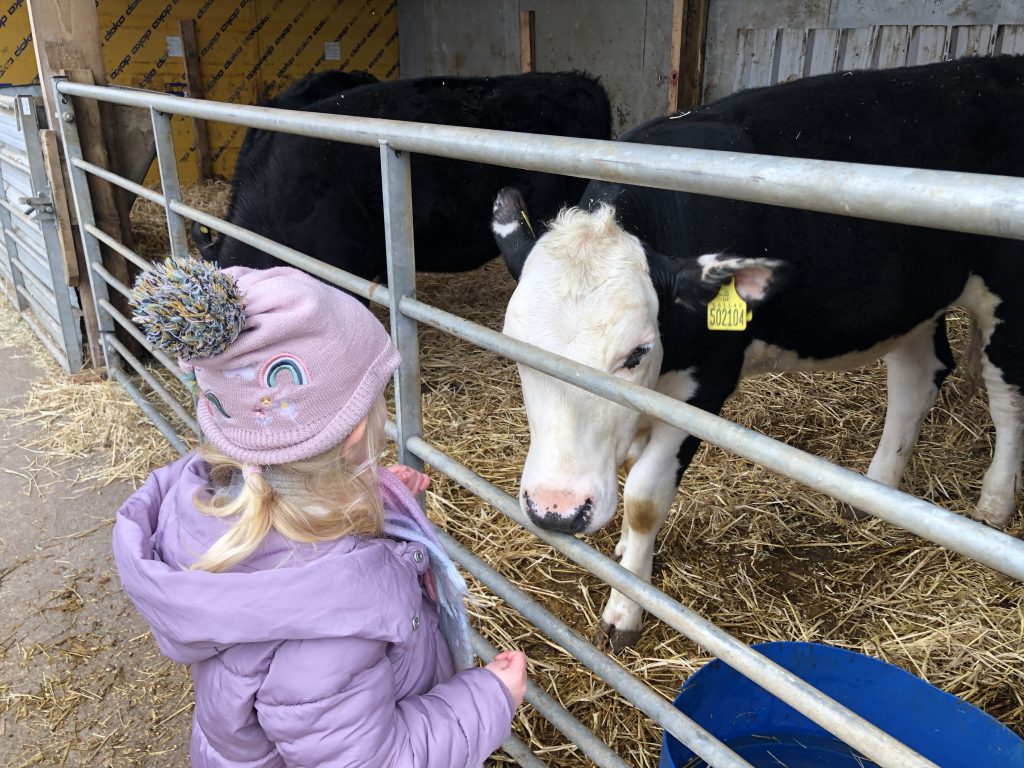
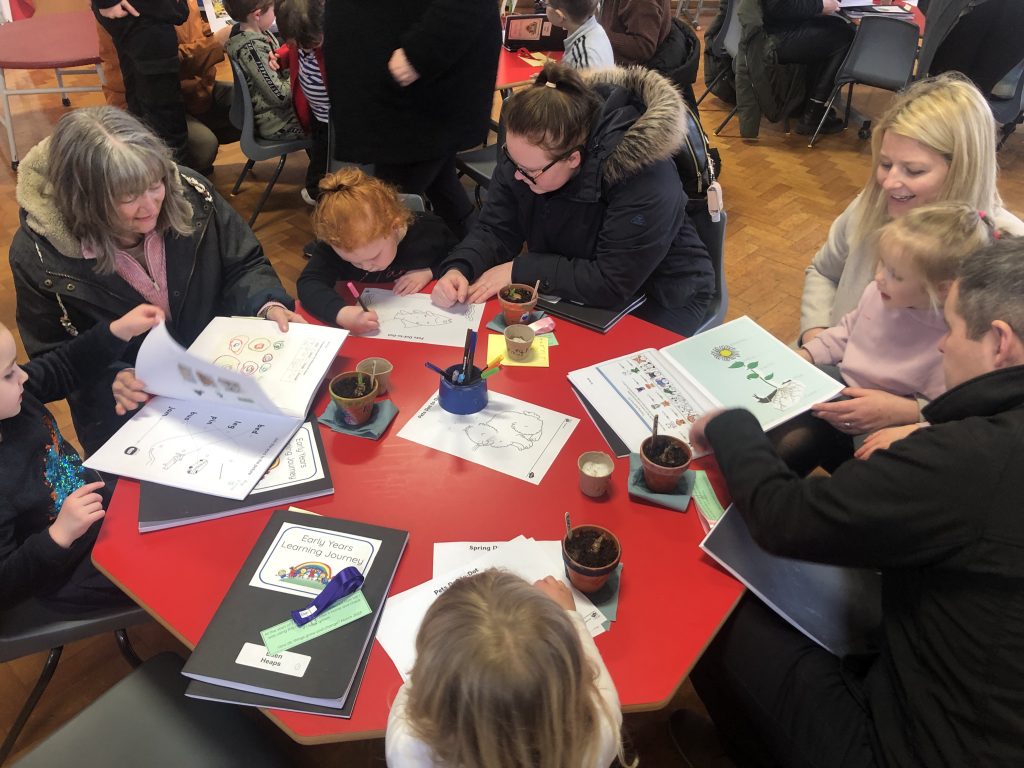
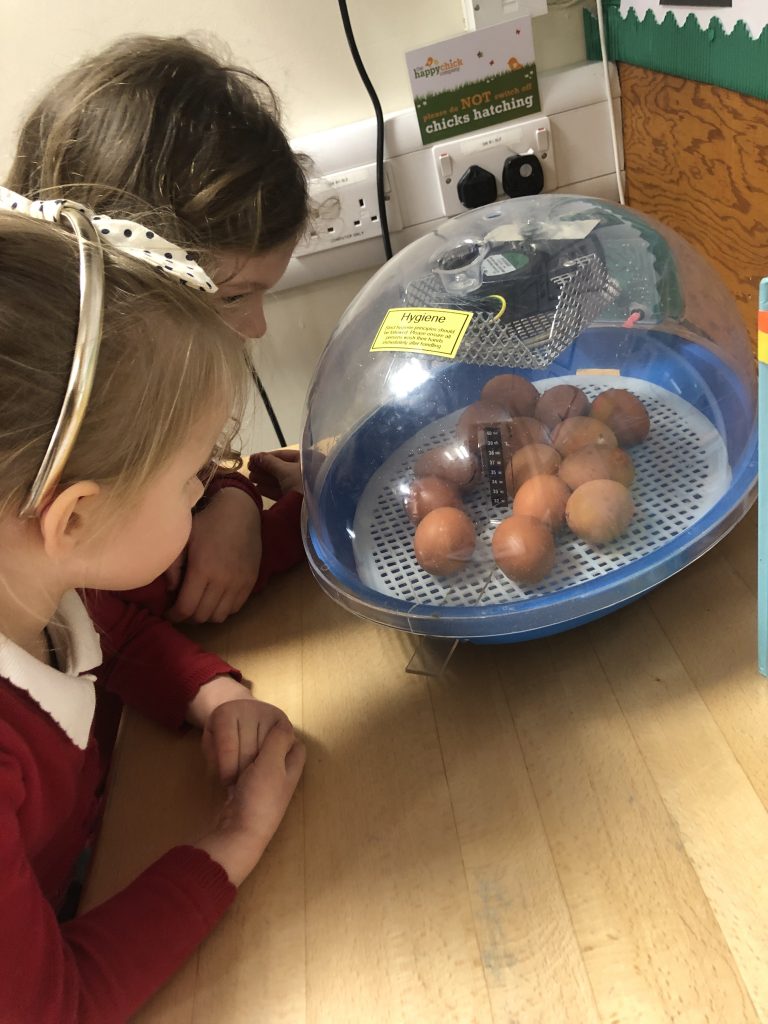
Expeditionary Learning
Norton Infant School is part of XP Trust and therefore delivers teaching and learning activities through three cross curricular expeditions per year. Each term children engage in an expedition that is rigorously planned to ensure it covers all seven areas of learning as stated in the EYFS framework.
The prime areas are:
• Communication and language;
• Physical development; and
• Personal, social and emotional development.
The specific areas are:
• Literacy;
• Mathematics;
• Understanding the world; and
• Expressive arts and design.
Delivering expeditions ensures children take part in a range opportunities and experiences that fully immerse and engage them in learning. We aim to teach all children the necessary skills and knowledge in order that they achieve or exceed age related expectations in all areas of development.
All expeditions are founded upon a range of quality storybooks, poetry or non – fiction texts. Using books in this way teaches children that reading forms the basis of all learning.
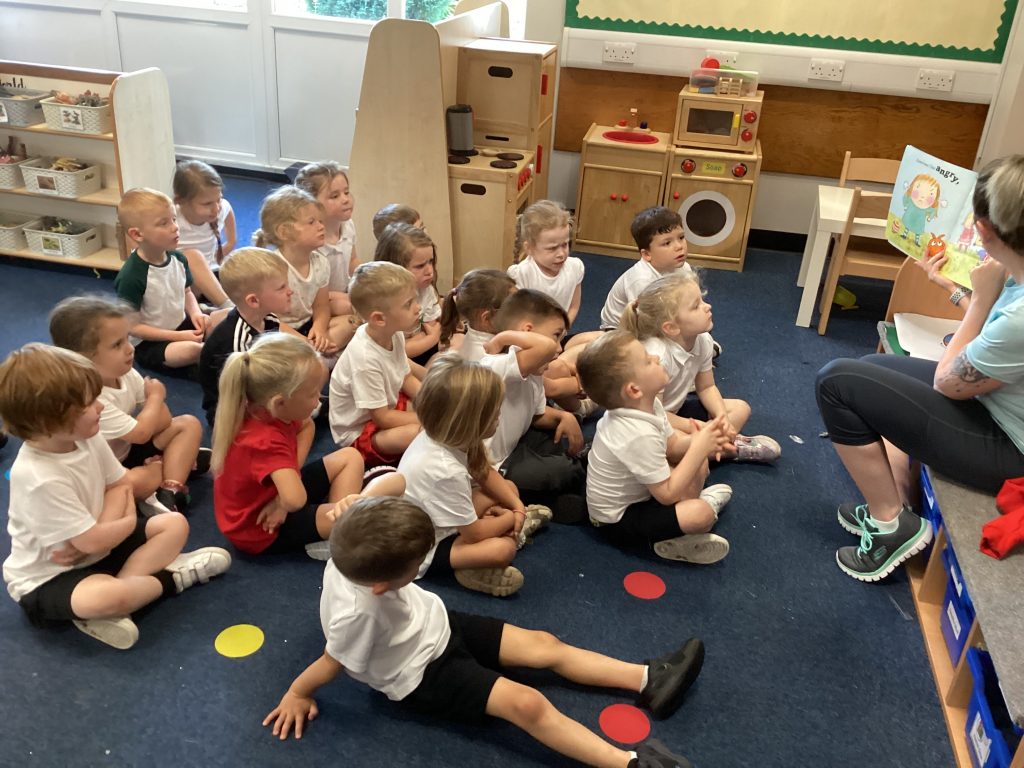
Children have visits from experts, complete field work in various locations and produce a final product that celebrates all they have learned and acts as a lasting legacy of their learning journey.
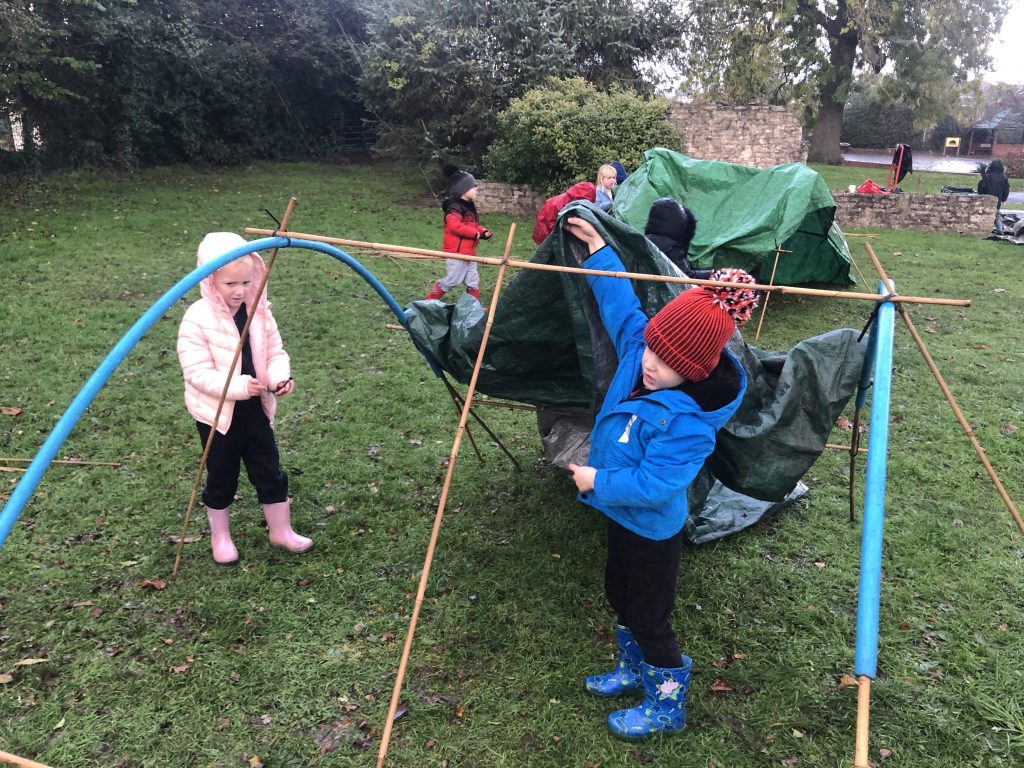
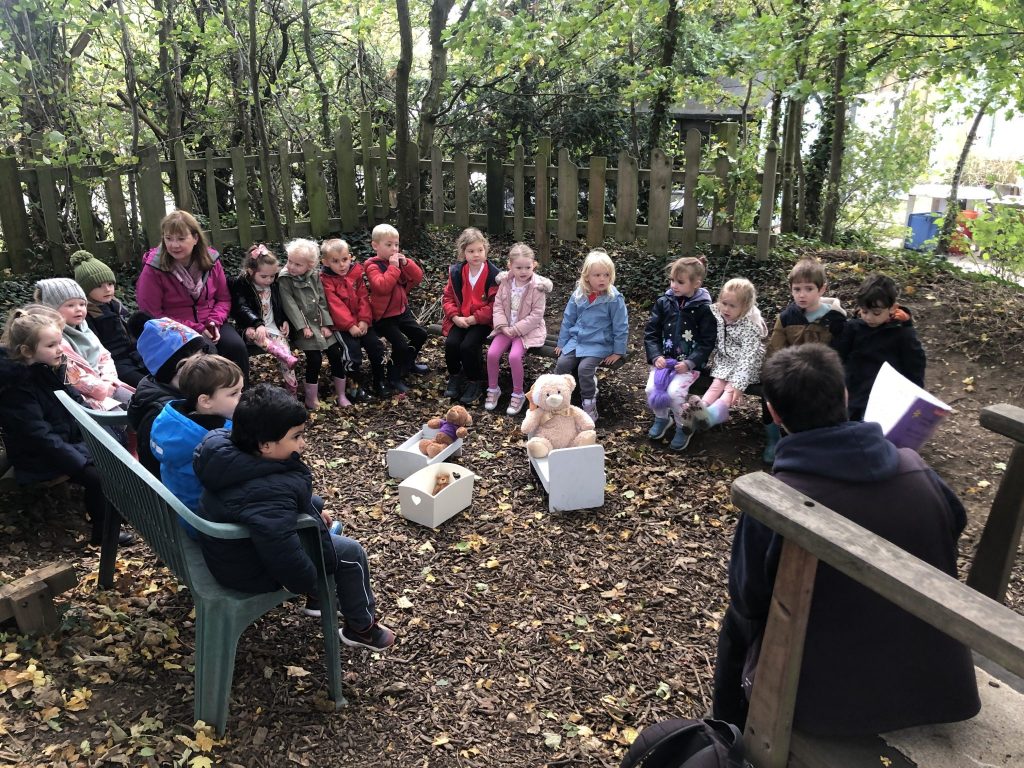
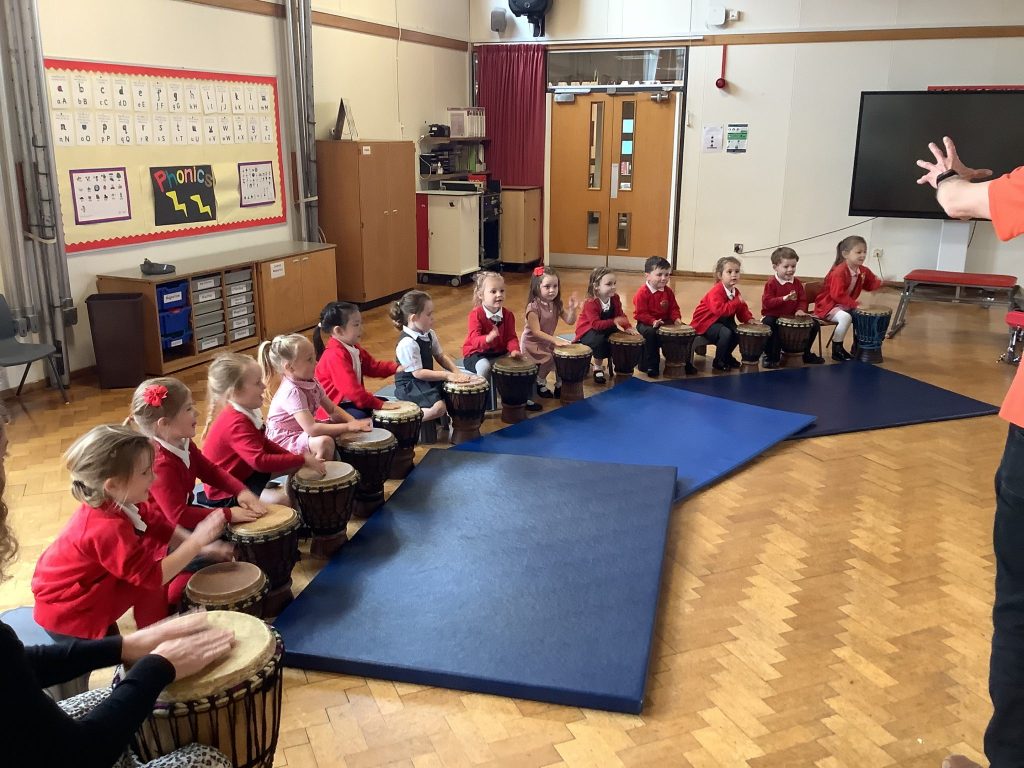
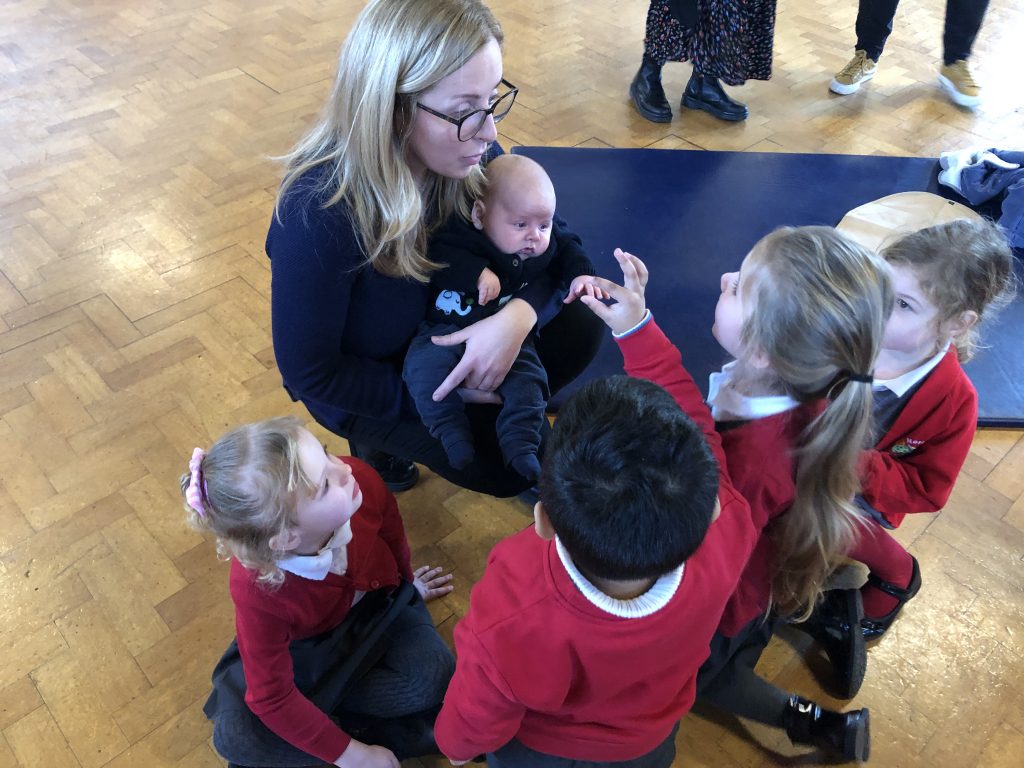
The video below is a final product produced in Autumn 2022 :
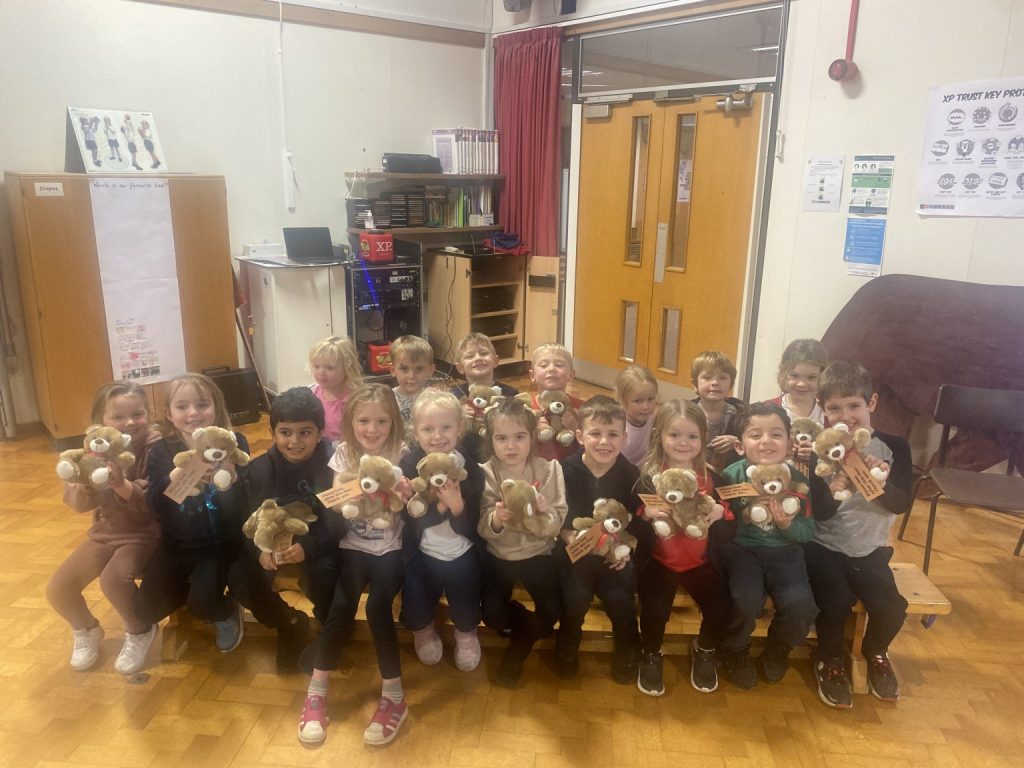
Implementation
Teaching within our EYFS classrooms is founded upon the many different ways in which adults help young children to learn. A fundamental aspect of this is the interactions that take place during planned and child-initiated play and activities. We believe our teaching staff have the most impact upon children’s development when they communicate and model language, demonstrate key skills, give detailed explanations, explore ideas, recall previous knowledge or experiences, provide a narrative for what they are doing and facilitate and set challenges. We believe that effective teaching will respond to each child’s emerging needs and interests and guide their development through warm, positive interactions.
We recognise the importance of allowing children to lead their own learning through self initiated play and seek to enhance this by providing a suitable balance of activities led or guided by adults. As children progress through the EYFS, and as their development allows, we carefully plan and adapt our daily timetable to prepare children for moving to Year One.
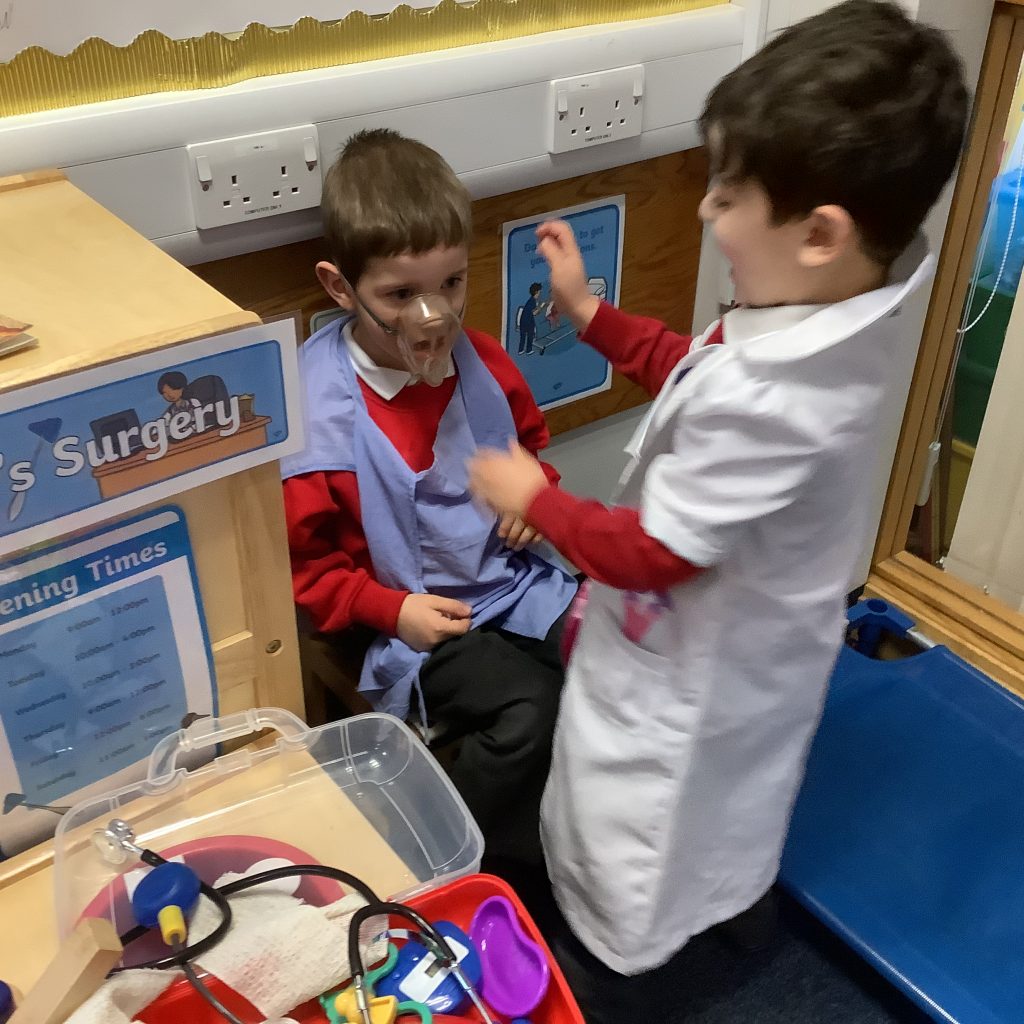
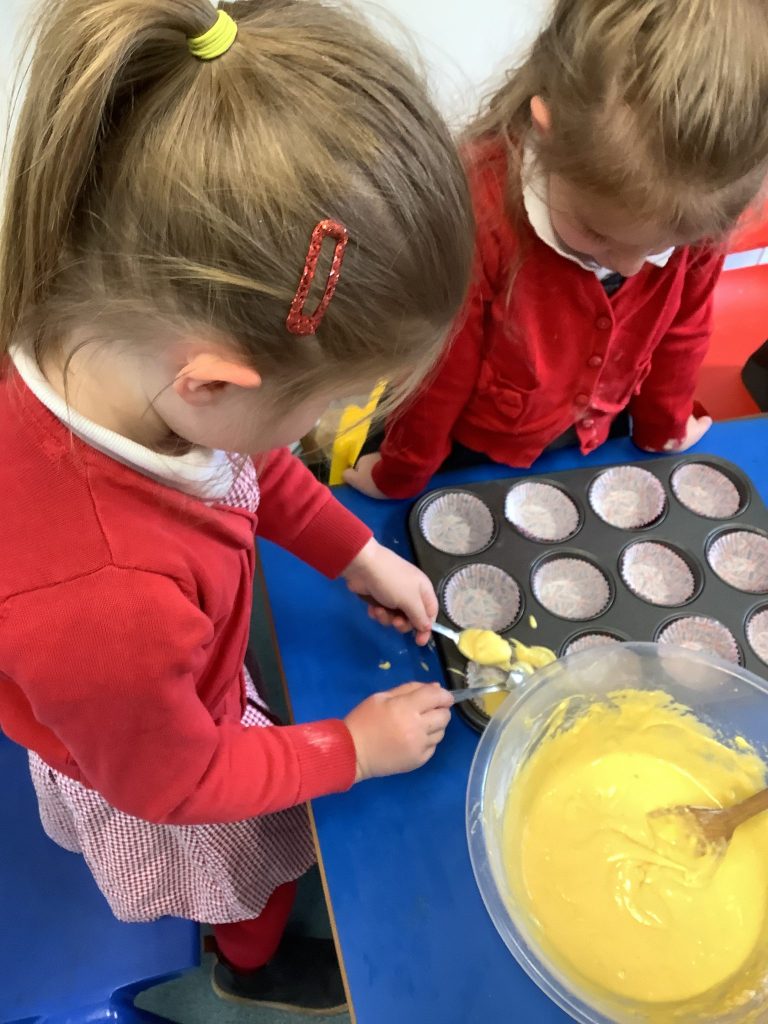
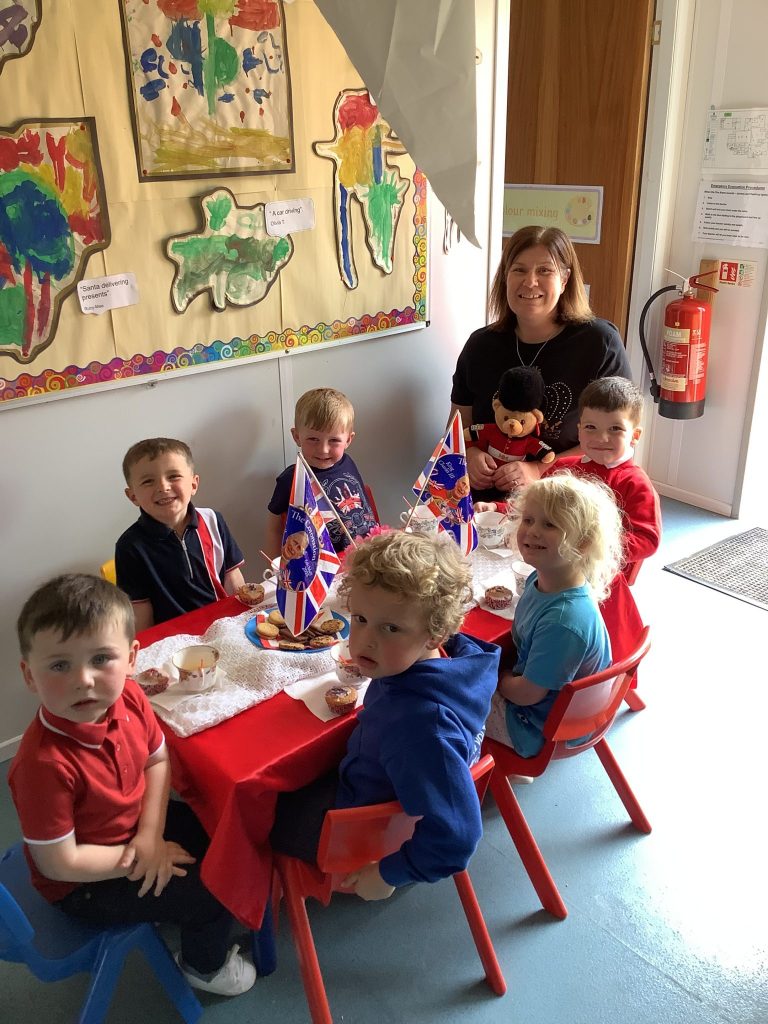
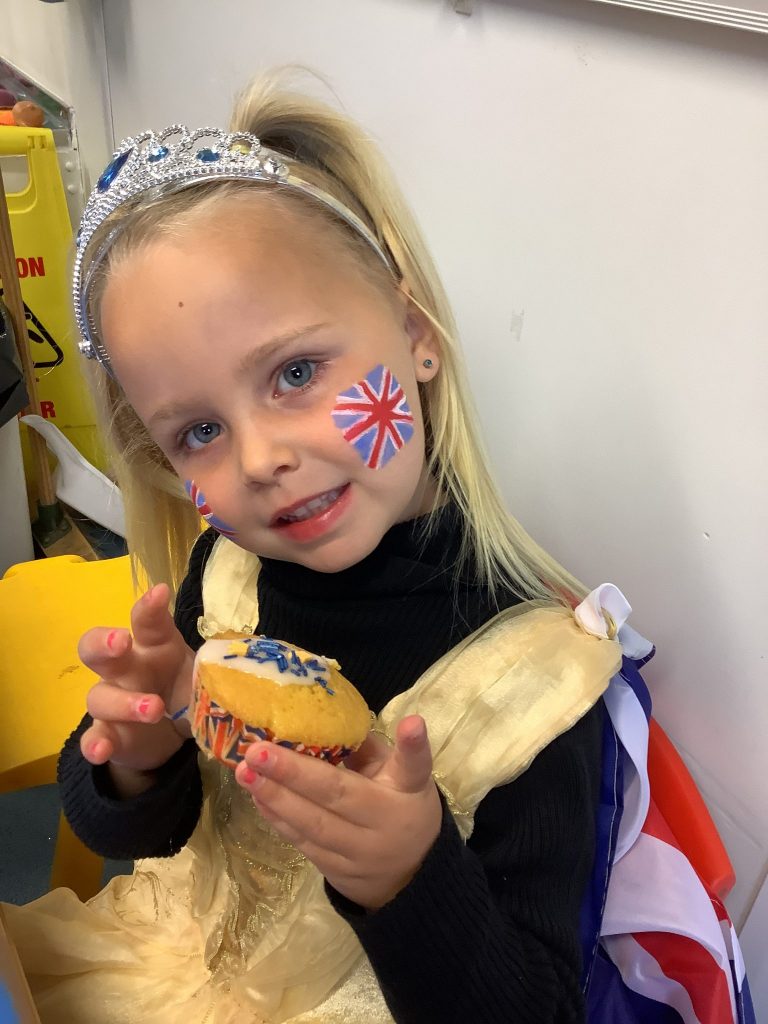
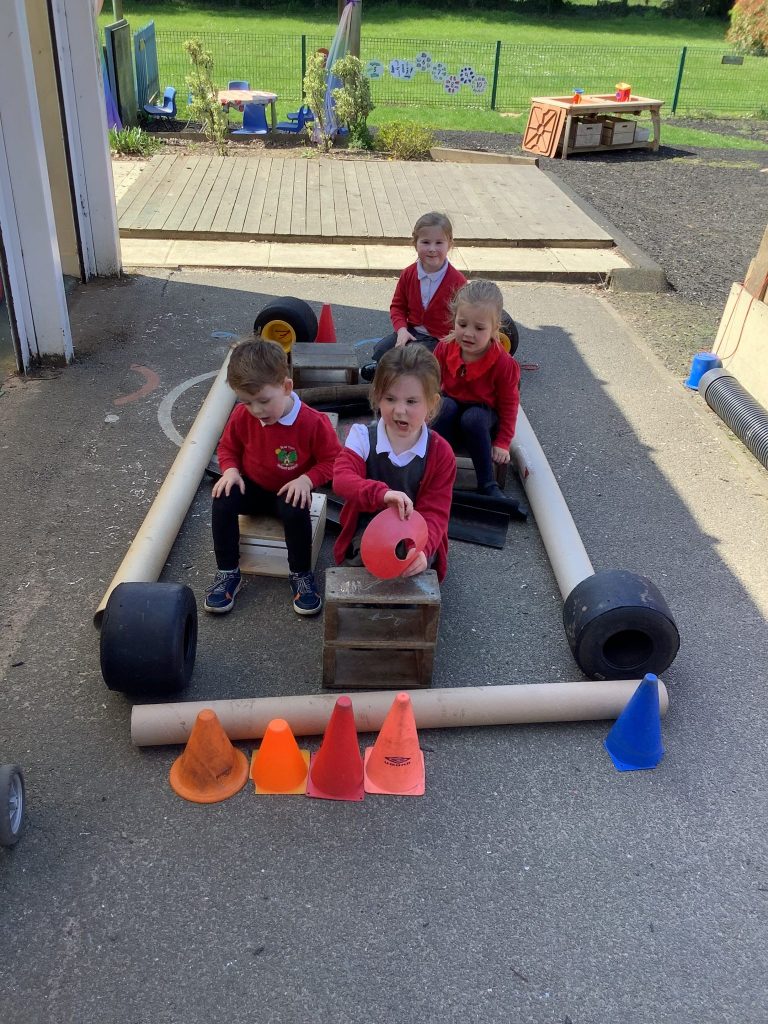
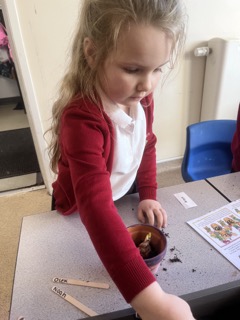
Impact
The monitoring and evaluation of children’s progress is centred on the in-depth knowledge and understanding teachers have of each individual child’s abilities and skills gained through their daily observation and interactions.
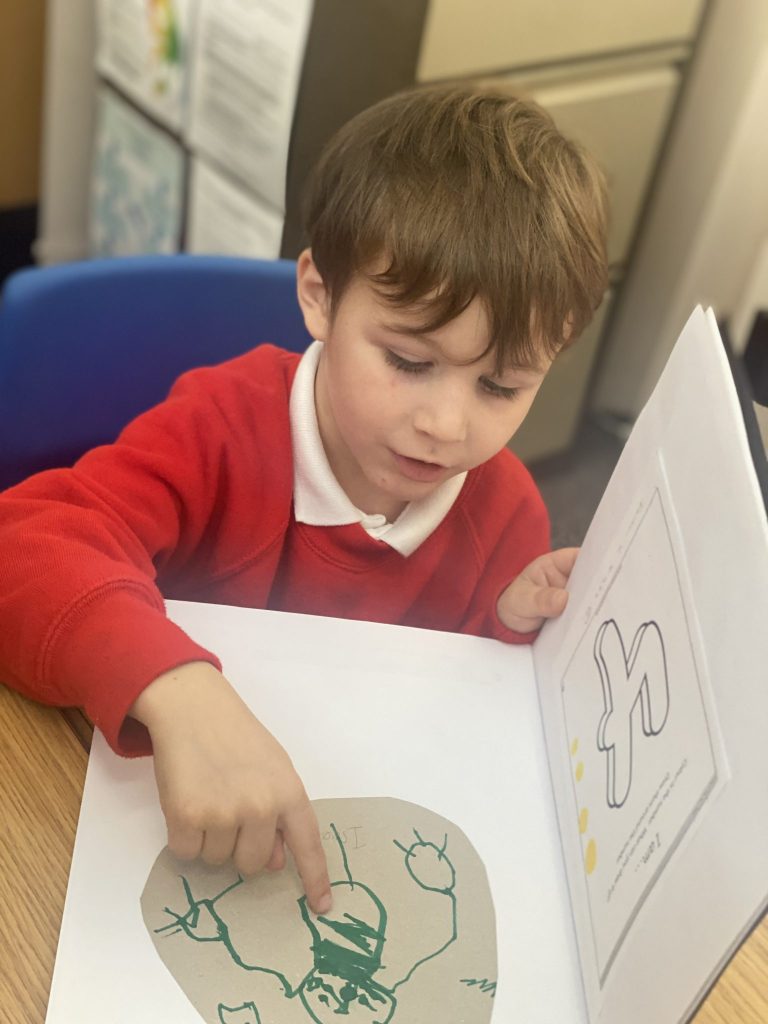
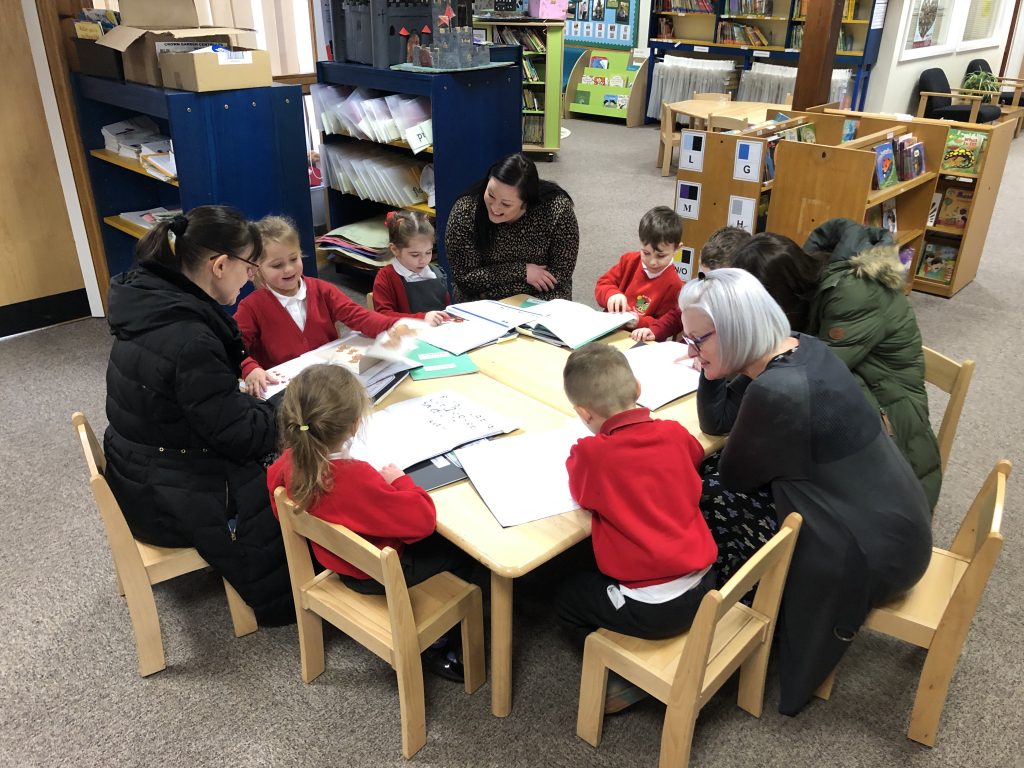
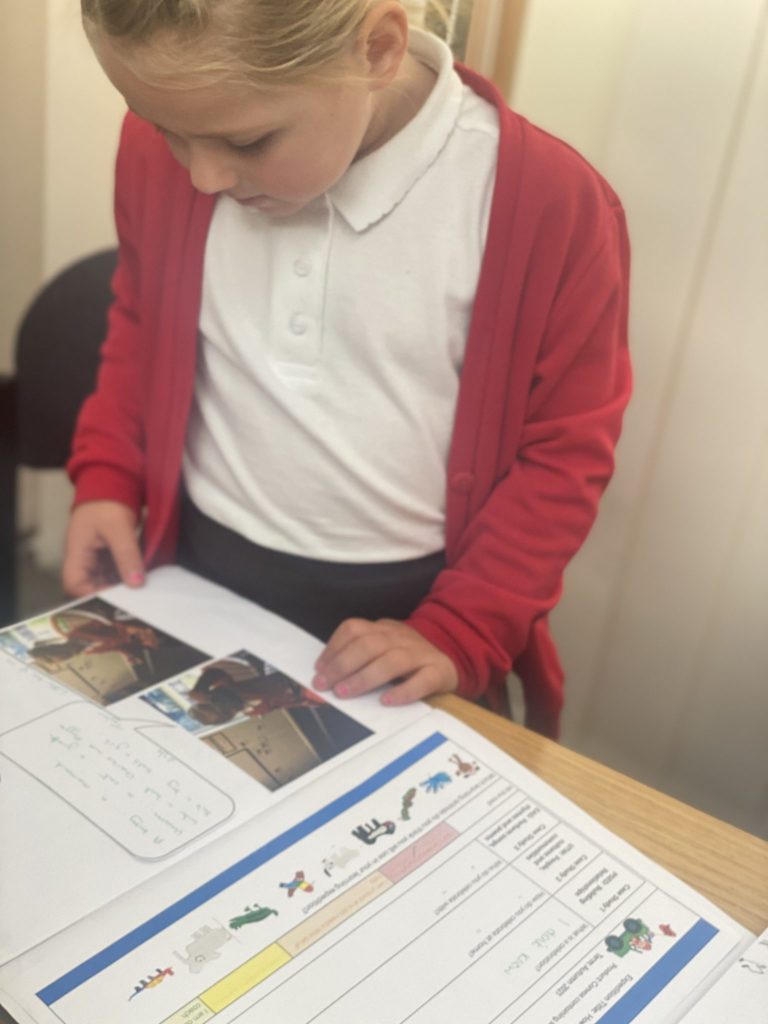
Our Early Years curriculum lays a secure foundation for future learning and success in later life. We expect our children to progress into Key Stage One as happy, confident and skilful communicators who have grown in character, achieved academic success and are capable of creating beautiful work that showcases their advancing knowledge, skills and experience.
The Statutory EYFS Profile Assessment
In the final term of their Reception year the EYFS Profile is completed for each child. The Profile provides a well-rounded picture of a child’s knowledge, understanding and abilities and assesses each child’s level of development against the Early Learning Goals. Teaching staff indicate whether children are meeting the expected levels of development, or not yet reaching expected levels and still emerging in this area. Children who achieve the expected level in all of the prime areas plus literacy and mathematics are considered to have made a good level of development. This is shared with parents and carers in their child’s end of year report and also submitted to the Local Authority for further analysis.
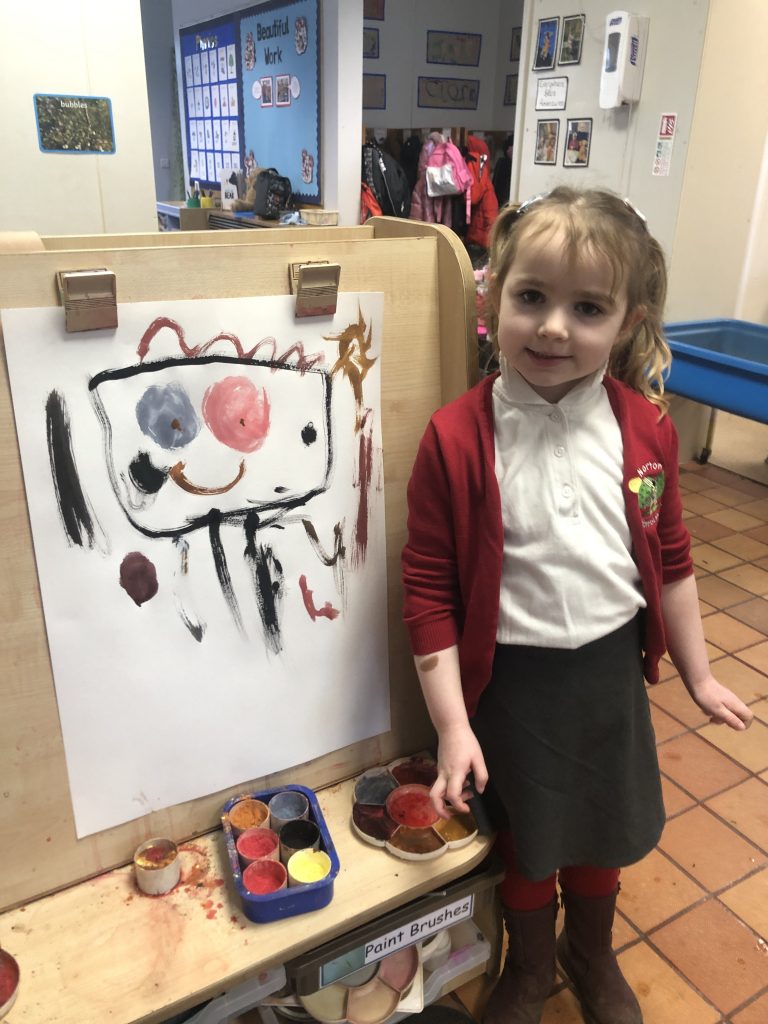
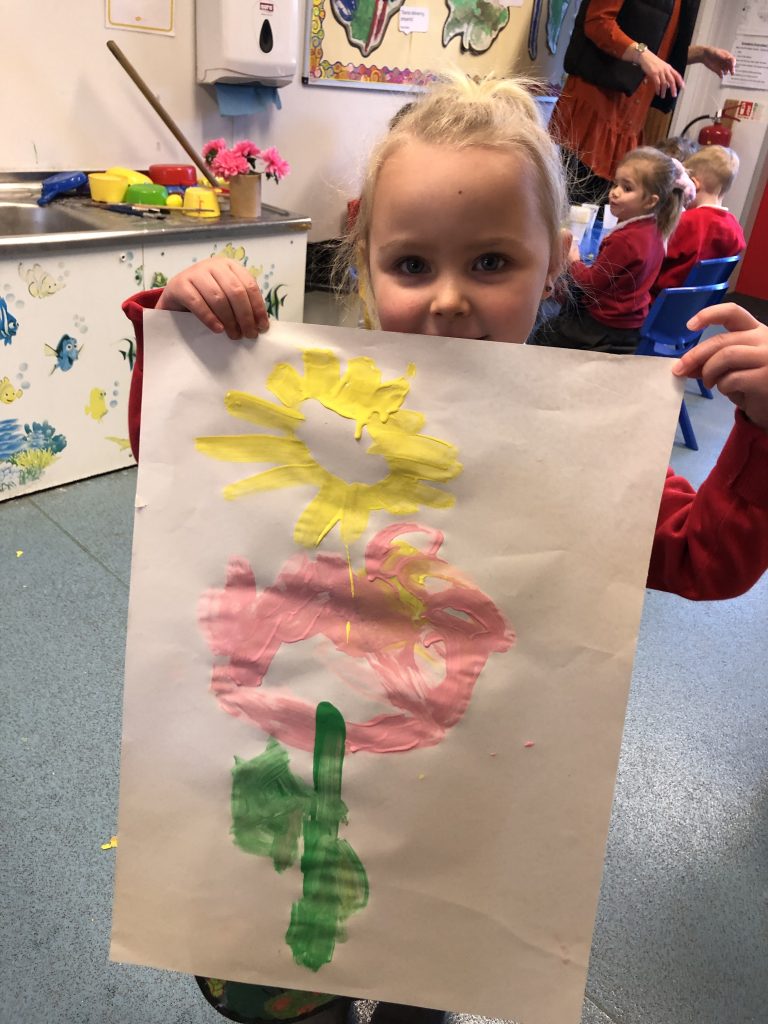
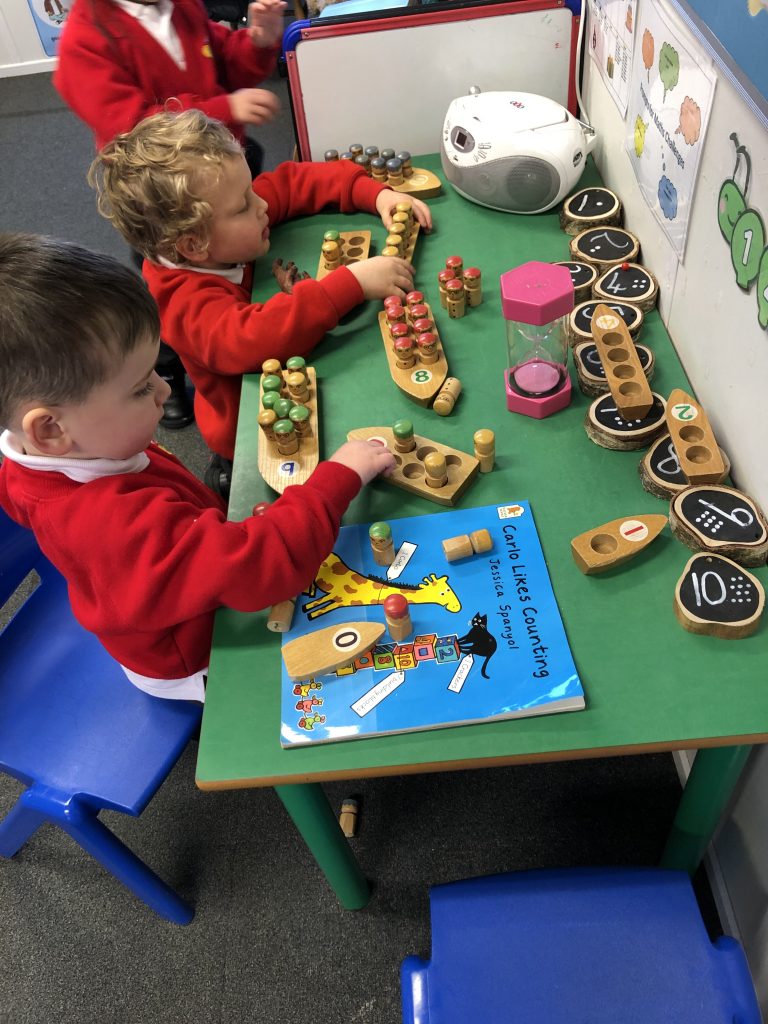
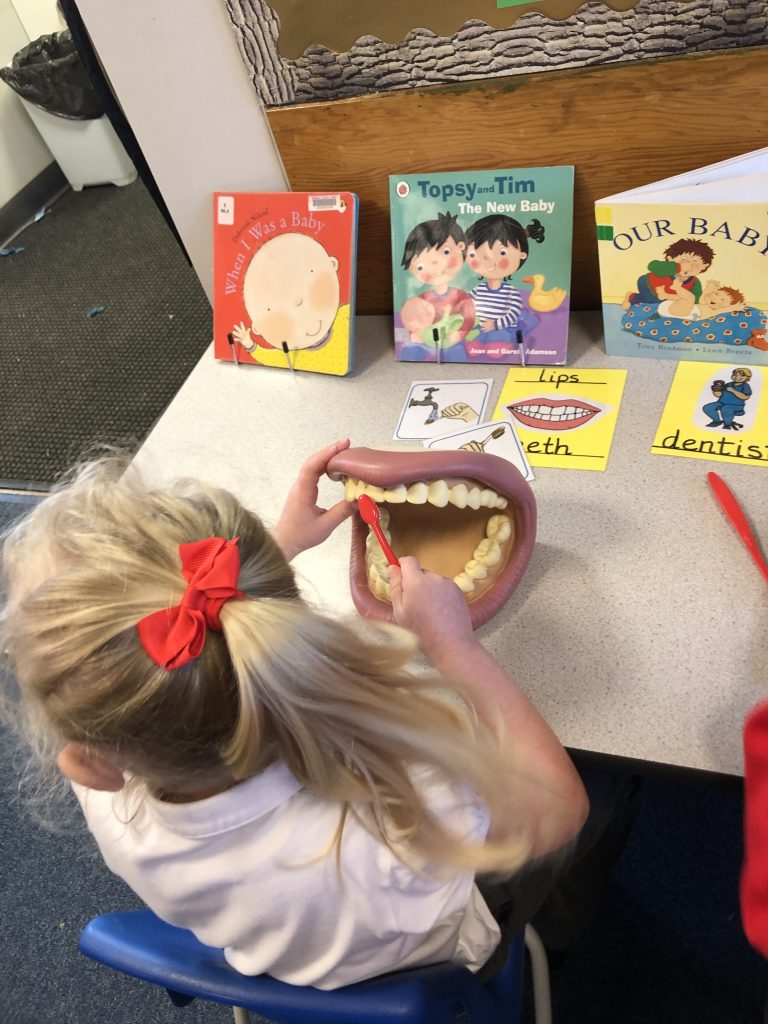
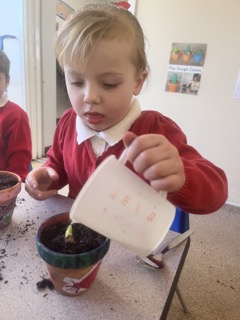
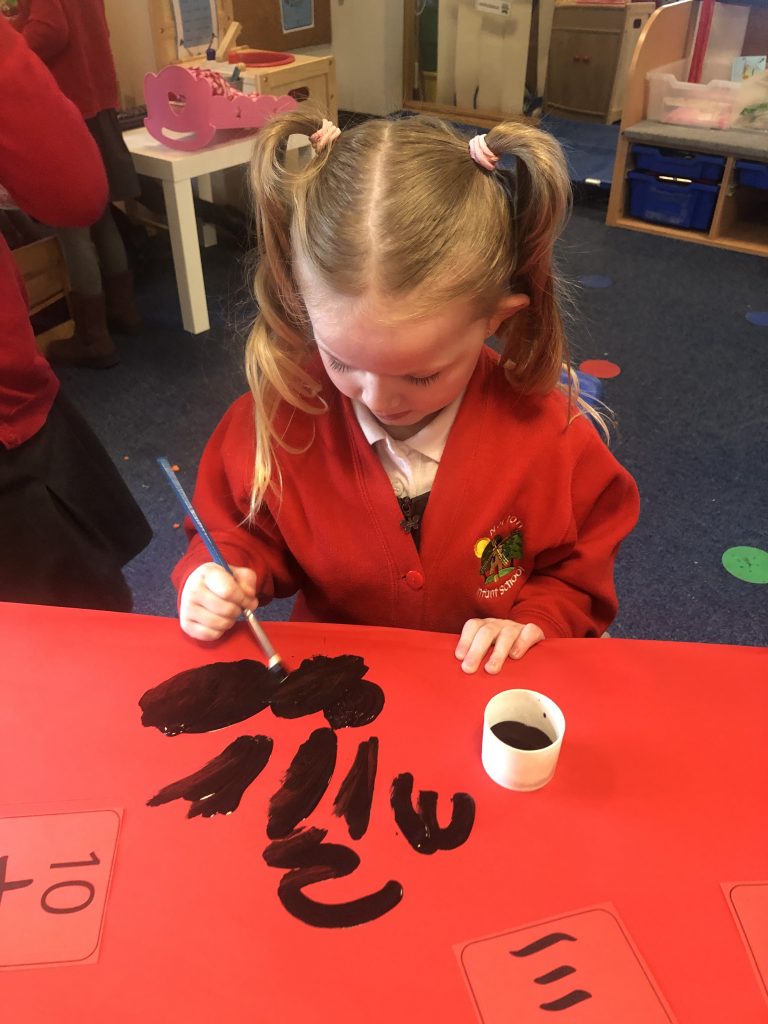
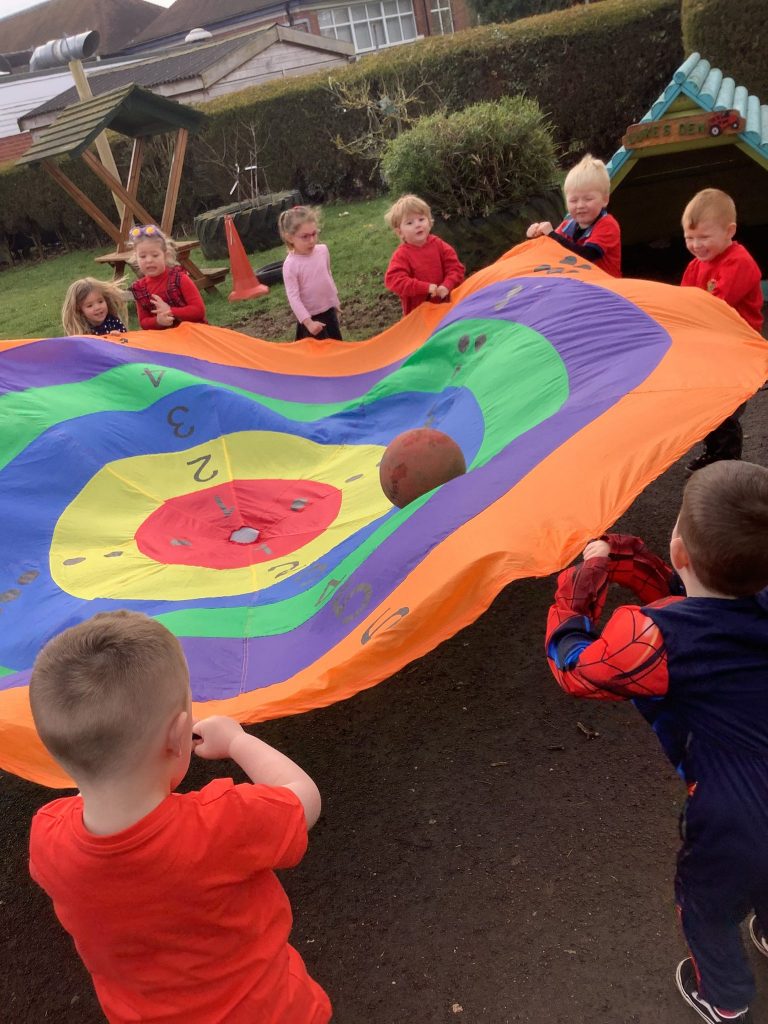
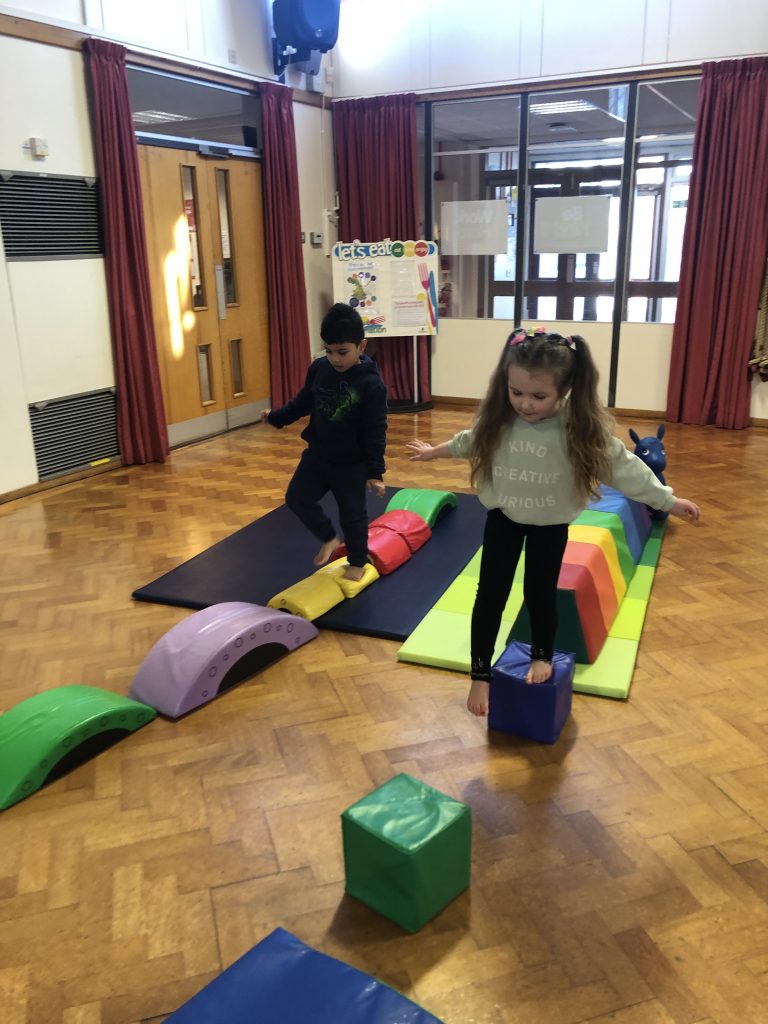
Transition into Key Stage One
In the summer term all children in school take part in a succession of carefully planned activities to support their readiness for moving classes and the start of the next academic year. To further facilitate a successful transition into Key Stage One teaching staff are given a copy of the Profile report together with a short commentary on each child’s character, knowledge and skills. This contributes to the dialogue between Reception and Year 1 teachers about each child’s stage of development and learning needs and assists with the planning of activities in Year 1.
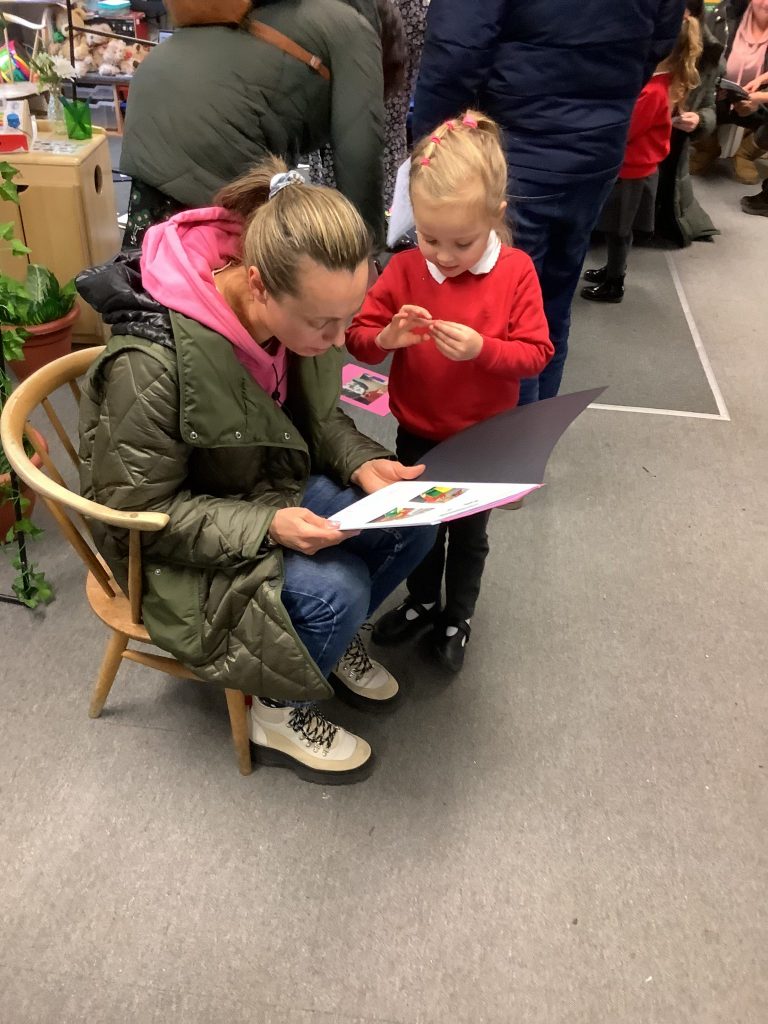
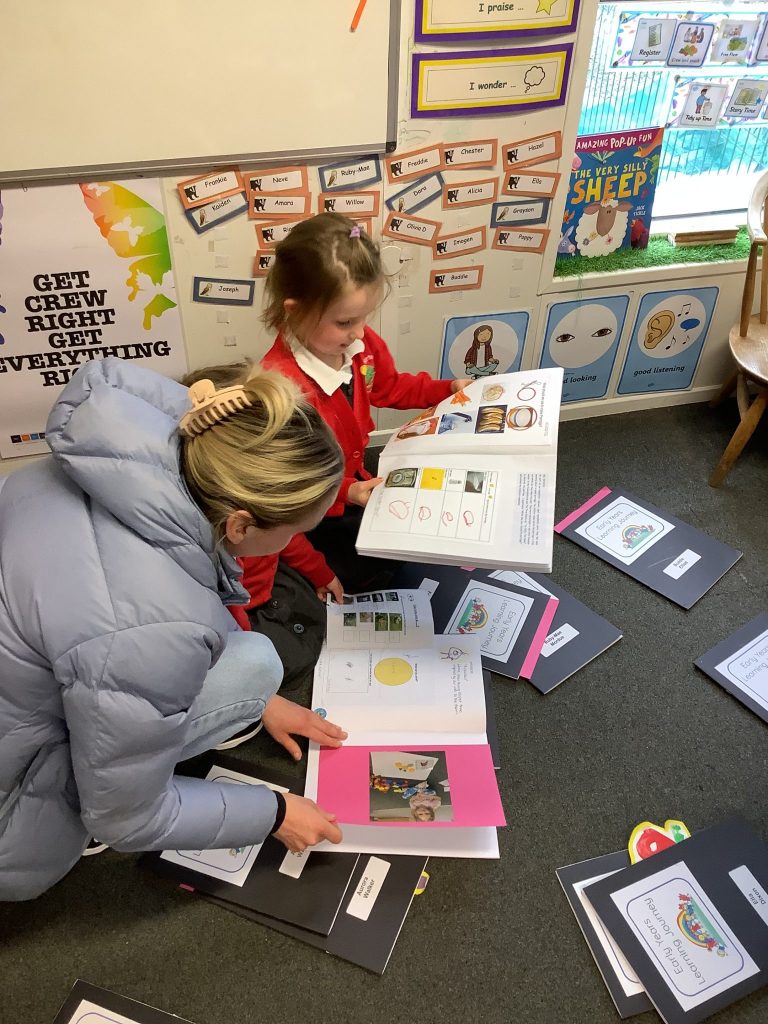
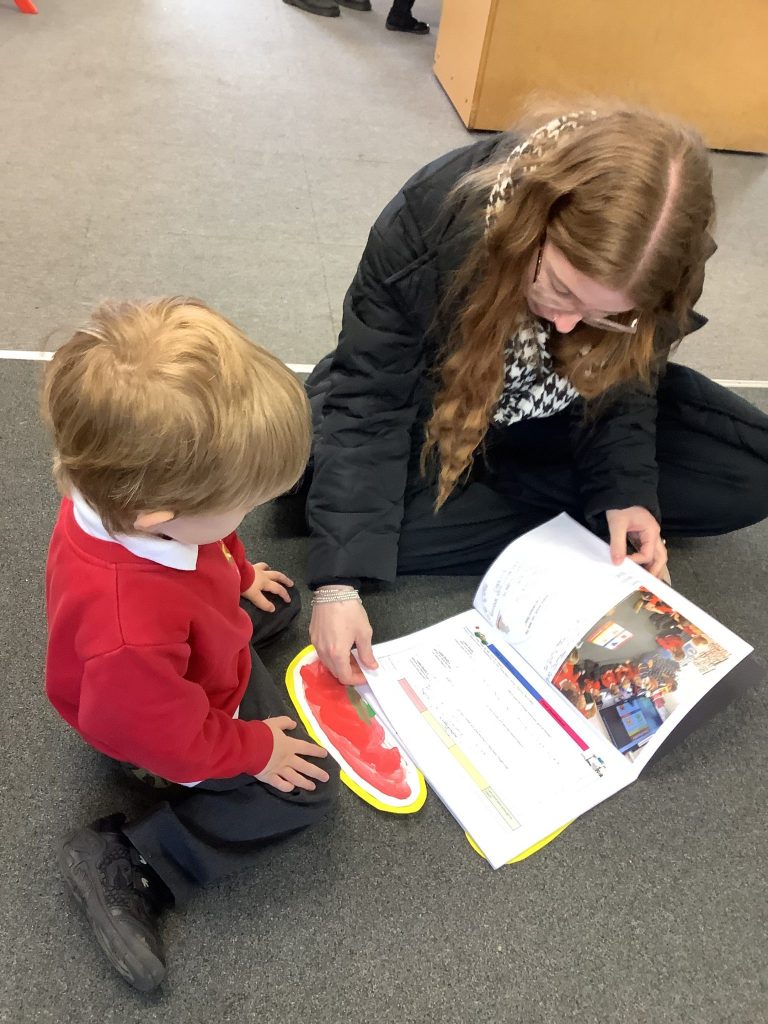
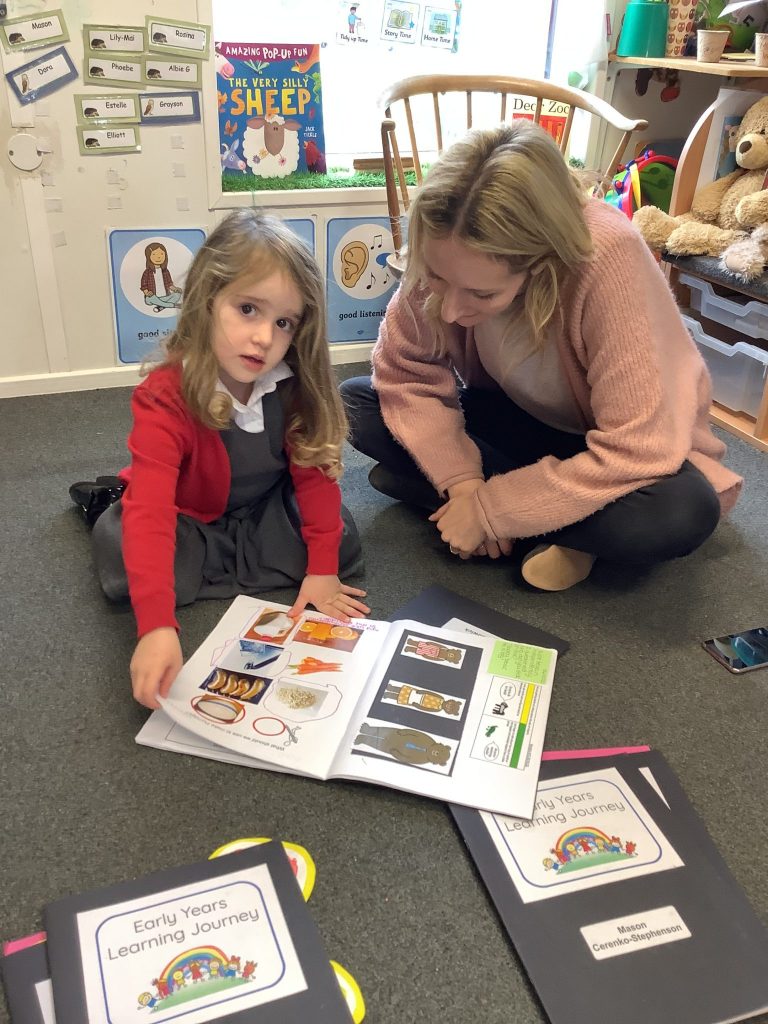
Partnerships with Parents
We view parents and carers as a child’s first and most enduring educators and therefore place great importance upon establishing a successful partnership between teaching staff and the families in our community. We aim to facilitate this by ensuring a two-way flow of information, knowledge and expertise between home and school.
We develop this by:
• Outlining the EYFS curriculum to parents/guardians during in school meetings to enable them to understand the value of supporting their child’s learning at home;
• Publishing topic and curriculum information on the school website and regularly updating our class blogs;
• Holding meetings to outline the teaching of phonics and how to best support your child’s reading development;
• Operating an open door policy whereby parents/guardians are welcome in school and able to talk to their child’s class teacher every day;
• Discussing children’s individual development and current targets at termly open evenings.
